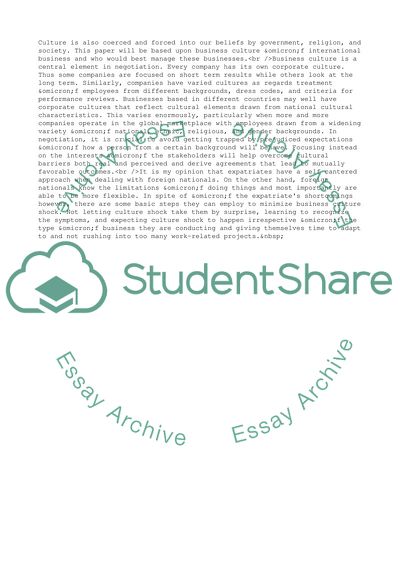Cite this document
(Business Success through Negotiation Assignment, n.d.)
Business Success through Negotiation Assignment. https://studentshare.org/business/1713171-business-success-through-negotiation
Business Success through Negotiation Assignment. https://studentshare.org/business/1713171-business-success-through-negotiation
(Business Success through Negotiation Assignment)
Business Success through Negotiation Assignment. https://studentshare.org/business/1713171-business-success-through-negotiation.
Business Success through Negotiation Assignment. https://studentshare.org/business/1713171-business-success-through-negotiation.
“Business Success through Negotiation Assignment”. https://studentshare.org/business/1713171-business-success-through-negotiation.


